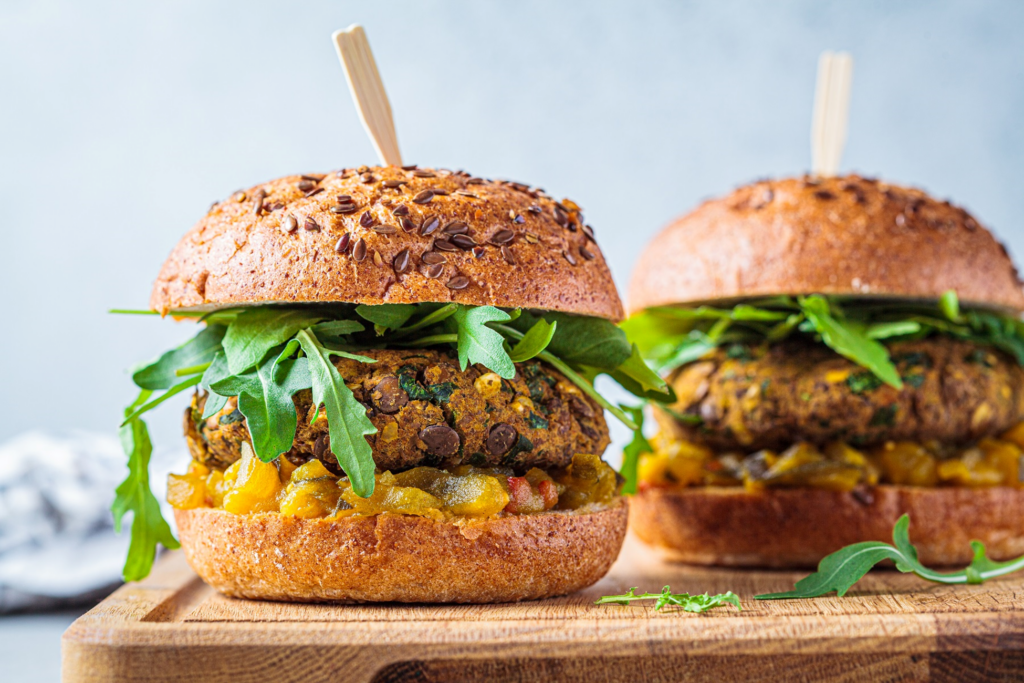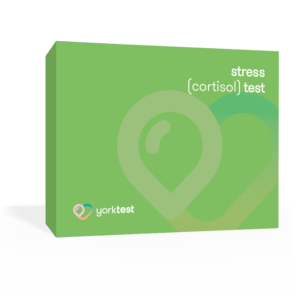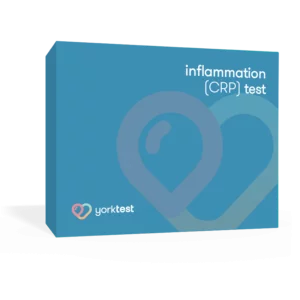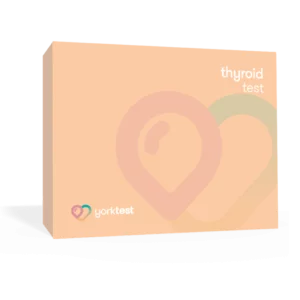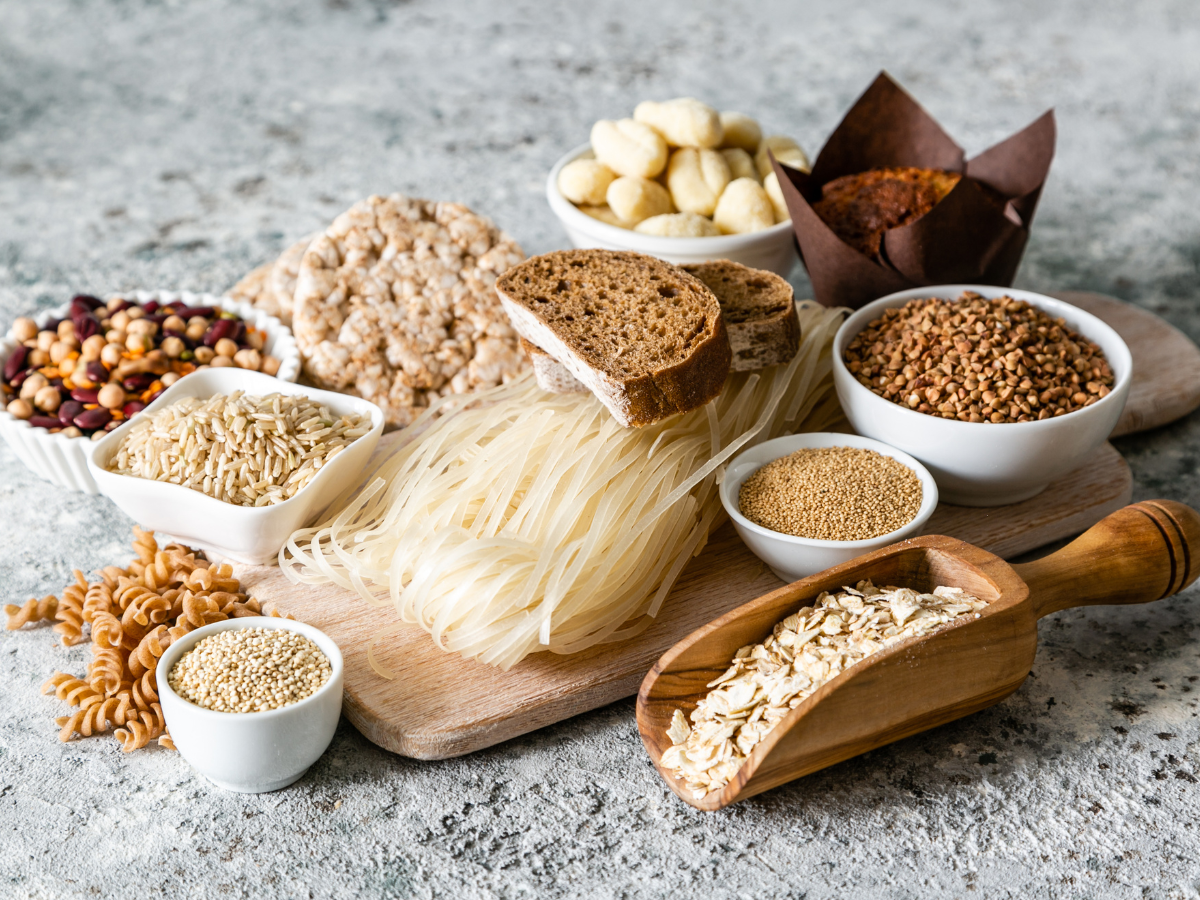The rising popularity of vegan diets isn’t just a trend, it’s an empowering lifestyle choice. Yet for some, the shift to plant-based eating may uncover hidden hurdles. One such challenge is the onset of unexpected food intolerances and allergies.
You’re not alone if you’ve experienced discomfort after swapping animal products with vegan alternatives. These reactions could be signs of hidden intolerances in a vegan diet. But don’t fret – understanding and managing these reactions can help you enjoy the benefits of vegan eating without compromising on health.
Here we delve into some of the most common causes behind plant-based food allergies and intolerances, including how to detect such conditions to be definitively sure that certain foods are indeed problematic.
The Growing Demand For Animal-Free Alternatives
The growth in veganism has sparked considerable demand for alternative food options that do not use any ingredients derived from animals whatsoever.
Food manufacturers have responded with an impressive array of vegan-friendly offerings—from faux meats made with pea protein or soy isolates to non-dairy milk alternatives like almond or oat milk—allowing those who are avoiding animal-based foods more options.
Unfortunately, many of these plant-based options are common sources of food intolerances and allergies.
What are the Most Common Vegan Food Allergies and Intolerances?
When it comes to food allergy and intolerance, some of the most problematic foods for vegans include nuts, seeds, soy, and wheat (gluten). These foods are common allergens yet contribute important nutrients to the vegan diet, making it challenging for food-sensitive vegans to design a health-supporting diet.
Additionally, processed foods and fake meat products, which often contain problematic ingredients like added sugar, preservatives, soy, and gluten, can also be culprits with certain vegan foods. These types of foods come in a variety of forms and packaged products, so it’s important to remain aware and vigilant in what you consume on a vegan diet.
Nuts
Nuts and nut-containing products are a frequent contributor to food intolerances and allergies in vegans. The most common tree nuts that can trigger allergies include almonds, Brazil nuts, cashews, hazelnuts, macadamia nuts, pecans, pine nuts (pignolias), and pistachio nuts. Additionally, peanuts, which are legumes, can also cause allergic reactions and may cross-react with tree nuts.
There are many different types of vegan products that may contain nuts, including:
- Roasted nuts, such as peanuts, almonds, and cashews
- Plant-based milk alternatives, like almond milk
- Peanut butter and other types of nut butters
- Cookies, pastries, pies, and other baked goods often contain nuts
- Candy, especially those containing nougat and marzipan
- Cereals, granola, and trail mixes
- Protein bars, snack bars, and energy bars
- Salad dressings, marinades, pesto, barbeque sauces
Allergies to these nuts can lead to mild to severe reactions, and individuals with nut allergies often react to several different nuts, suggesting common cross-reactivity between nut allergens. Due to the potential severity of these allergies, strict avoidance of nut-containing foods and careful label reading are essential.
Soy
Soybeans are a common staple in many vegan diets; however, soy and soy-based products are common triggers of food intolerance and allergies. It’s one of the most common IgE-mediated food allergies in infants and young children.
Additionally, soy is one of the 14 major allergens that must be listed on packaged foods in the UK, and it’s a common ingredient in many processed foods, including infant formulas, canned soups, protein powders, baked goods, and plant-based meat alternatives.
- Soy milk
- Tofu, tempeh, and edamame
- Soy-based milk, yogurt, ice cream, or cheese
- Teriyaki sauce, soy sauce, and shoyu sauce
- Baked goods (breads, cookies, and crackers)
- Canned broths and soups
- Tamari, natto, or miso (often in soups and broths)
- Salad dressings, mayonnaise, gravy, and sauces
- Textured vegetable protein
- Infant formula, baby foods, and cereals
- Vegan meat alternatives, like veggie burger patties
Reading labels is critical if you have an intolerance to soy, as it’s hidden in many store-bought goods. Individuals with soy allergies may also be more likely to be allergic or sensitized to other major allergens, such as peanuts, tree nuts, egg, milk, and sesame. If you suspect a soy allergy, it’s important to consult a doctor for diagnosis and to receive guidance on managing your condition.
Wheat
Wheat, particularly gluten (the protein found in wheat), is one of the most common food allergens. It’s important to note that the term “gluten intolerance†is an umbrella label that includes three different conditions: celiac disease, wheat allergy, and non-celiac gluten intolerance.[1]
These conditions can be triggered by many different wheat-based ingredients. For instance, wheat is often disguised as other types of grain, such as barley, bulgur, farro, rye, semolina, and spelt – all of which contain gluten.
In the vegan world, it’s especially critical to be aware of plant-based meat alternatives that may contain gluten. Of these, seitan is a popular meat alternative made from vital wheat gluten, water, and sometimes other flavouring ingredients. It is high in protein and is often found in a variety of plant-based dishes like veggie burgers.
Other wheat-containing foods to look out for include:
- Baked goods: This category includes bread, rolls, buns, bagels, biscuits, flour tortillas, cake, cookies, doughnuts, muffins, pies, pancakes, and waffles.
- Pasta: All wheat-based pasta contains gluten, including spaghetti, fettuccine, macaroni, and lasagna.
- Cereal: Many breakfast cereals, including granola, contain wheat, so it’s important to check the nutrition labels. Oats are often raised and processed with wheat, so unless labelled gluten-free, oat products will also likely contain gluten.
- Crackers: Popular snack foods like crackers, pretzels, and some types of chips contain gluten.
- Beer: Beer is made from malted barley, which contains gluten. Some liquors like vodka have added wheat, so it’s important to research the ingredients.
Other foods and ingredients that may contain wheat include baking powder, flour, coffee substitutes, instant cocoa, malted drink mixes, hot chocolate mixes, chicken and beef broth, modified starch, pie fillings, puddings, salad dressings, sauces, and seasonings.
The foods that may include wheat proteins are nearly limitless. But beyond just food, wheat can be found in some cosmetics, bath products, and even play dough.
Managing a wheat allergy involves strict avoidance of wheat ingredients in both food and non-food products. It’s crucial for individuals with wheat allergies to carefully read food labels and be aware of potential sources of wheat proteins to prevent exposure.
Seeds
Certain types of seeds and seed-containing products can cause food intolerances or allergies, with sesame, mustard, sunflower, and poppy seeds being the most common culprits. These seeds can trigger allergic reactions, ranging from mild symptoms like hives and itchy mouth to severe reactions such as a sudden drop in blood pressure, loss of consciousness, and difficulty breathing.
Seeds, particularly processed vegetable oils, are found in many vegan foods. Sunflower oil, canola oil, and sesame oil are common types of vegetable oils, and individuals with seed allergies may consider using alternative oils such as olive oil or avocado oil when cooking.
Other foods that may contain seeds and should be avoided by individuals with seed intolerance include breads, sauces, salad dressings, granola products, soups, cereals, margarine, rice cakes, and seed oil-based cosmetics, among others. It’s essential to carefully read food labels, as seeds are not always labelled as allergens on packaged goods.
FODMAPs
FODMAPs, which stand for fermentable oligosaccharides, disaccharides, monosaccharides, and polyols, are a class of carbohydrates found in certain foods such as wheat, beans, certain fruits, vegetables, legumes, and sweeteners. These short-chain carbohydrates can resist digestion and reach the far end of the intestine, where most gut bacteria reside.
In sensitive individuals, gut bacteria use these carbs for fuel, producing hydrogen gas and causing digestive symptoms like gas, bloating, stomach pain, diarrhoea, and constipation. FODMAPs can also draw liquid into the intestine, leading to diarrhoea. While not everyone has a sensitivity to FODMAPs, it is common among people with irritable bowel syndrome (IBS).[2]
Here are some examples of high and low FODMAP foods:
- High FODMAP foods include apples, apricots, blackberries, cherries, grapefruit, barley, couscous, farro, rye, buttermilk, cream, custard, and more.
- Low FODMAP foods include protein foods such as meats, poultry, and fish, as well as certain fruits, vegetables, and grains.
It’s important to note that the FODMAP content of foods can vary. FODMAP sensitivity is not an allergy but rather an intolerance to certain types of food. Unlike gluten allergy, FODMAP sensitivity is not an immune reaction but is largely due to bacteria in the colon fermenting carbohydrates and the presence of too much water in the large intestine, thereby leading to symptoms.
Vegan Food Intolerance Test
Several companies offer at-home tests for vegan or vegetarian food intolerance. These tests check for IgG-mediated food intolerance to a wide range of plant-based foods that may cause unpleasant symptoms.
YorkTest offers food sensitivity tests that analyse IgG reactivity to a wide range of food and drink ingredients. The Premium Food Intolerance Test analyses reactivity to 200 food and drink ingredients, providing results within 7 days. The test aims to help individuals suffering from symptoms such as IBS, headaches, bloating, and tiredness to identify potential food sensitivity in both vegans and non-vegans alike.
The Rising Popularity of Vegan Diets
There’s no doubt that consuming a vegan diet can be highly beneficial for a number of reasons. In fact, people are often drawn to a vegan diet for the many health benefits it can bring, such as decreased risk of heart disease, improved blood sugar control, and even helping ward off certain diseases.
In turn, more and more people are deciding to make a plant-forward shift in their eating habits. More folks are choosing plant-based meals over traditional ones that include meat or dairy products.
Studies show that people go vegan mostly for improved health but also for ethical considerations around factory farming practices and having a positive impact on issues like climate change and sustainability. [3]
This rising popularity isn’t limited to fully committed vegans either; there’s also an increasing number who identify as ‘flexitarians’, opting for predominantly plant-based diets while still occasionally consuming small amounts of animal foods. These individuals often see it not only as beneficial for their own mental and physical well-being but also perceive it to be better ethically and environmentally too.
Stay Mindful When Going Vegan
Making smart food choices involves more than just focusing on nutritional value; understanding how your body reacts to certain ingredients is equally important. Many times, what seems like simple digestion problems could actually be your body’s response to specific types of protein sources found in everyday meals.
In some instances, vegans who swap dairy products for substitutes such as soy or almond milk might experience unexpected side effects due to particular food intolerances. Some individuals may even develop oral allergy syndrome, a reaction to certain proteins in raw fruits and vegetables.
While a vegan diet has numerous health benefits, it’s essential to pay attention to potential food intolerances and allergies that might arise from making dramatic shifts in food choices. But as with any dietary shift, it’s essential to ensure a balanced and nutrient-rich approach when embracing a vegan lifestyle.
About the Author
This article was written by Tyler Tafelsky, an avid wellness blogger and writer contributor to YorkTest. As the lead editor for blogs like BetterTriathlete.com and VeganProteinPowder.reviews, Tyler has experimented with various diets and nutritional modalities, including veganism for several years. Today, Tyler is an ultra-endurance athlete and cyclist who competes at the professional level.
Scientific References
- Roszkowska A, Pawlicka M, Mroczek A, Bałabuszek K, Nieradko-Iwanicka B. Non-Celiac Gluten Sensitivity: A Review. Medicina (Kaunas). 2019 May 28;55(6):222. doi: 10.3390/medicina55060222. PMID: 31142014; PMCID: PMC6630947.
- Magge S, Lembo A. Low-FODMAP Diet for Treatment of Irritable Bowel Syndrome. Gastroenterol Hepatol (N Y). 2012 Nov;8(11):739-45. PMID: 24672410; PMCID: PMC3966170.
- North M, Klas A, Ling M, Kothe E. A qualitative examination of the motivations behind vegan, vegetarian, and omnivore diets in an Australian population. Appetite. 2021 Dec 1;167:105614. doi: 10.1016/j.appet.2021.105614. Epub 2021 Jul 27. PMID: 34329718.


